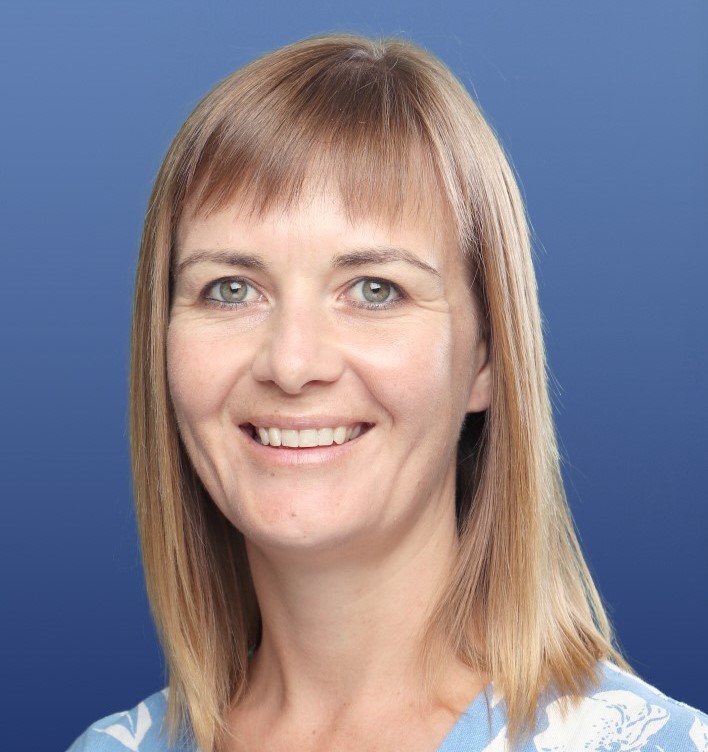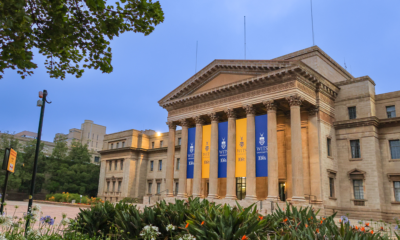
Matric

Two-year matric helps students meet unique challenges
As students embark on their high school journey, we envision them moving up in the grades in a seemingly straightforward path from Grade 8 to Grade 12. Yet, life is unpredictable, and often interferes with our well-laid plans. As the saying goes, “Life is what happens when you’re making other plans.”
Students face a myriad challenges, some anticipated and others entirely unforeseen. Physical health and emotional well-being can hinder them from completing matric in a single year. An alternative approach, completing matric over a two-year period, may need to be explored to cater to the unique needs and challenges faced by students.
There are various advantages to completing matric over a two-year period. These include:
The opportunity to focus on emotional and physical well-being
We live in uncertain times, which can have an impact on students’ mental health. Students often grapple with stress and anxiety. Extending matric gives them the opportunity to receive the necessary intervention to develop coping strategies to face challenges better, thus fostering emotional growth.
The same rings true for physical well-being. Students may face some unexpected challenges with their health, and extending matric gives them the opportunity to access treatment during the course of the academic year.
Focusing on challenging areas
A two-year matric gives students the opportunity to dedicate additional time to subjects that they find more challenging. With a more relaxed pace, students can thoroughly grasp the content, resulting in a better understanding of the material. A better understanding of academic content often translates into improved academic performance as students have the time to revisit and reinforce their knowledge.
Balance between work and play
Students are social beings. A student battling emotionally or physically would have to put in extra work to pass matric, but spreading the subjects over the course of two years would allow them to work hard and be a part of many of the milestones of that year such as 18th birthday parties, the matric dance, valediction ceremony, creating lasting memories with their peers.
Access to further studies in spite of challenges
A two-year matric can be a lifeline for some students that may otherwise have dropped out of school due to challenging circumstances. Students can focus on their well-being and still achieve marks that give them access to pursue further studies.
Although the two-year matric can be a vital strategy for students navigating various complexities, it’s not without its challenges.
School resources
Implementing a two-year matric system requires additional resources, time, and specialised support staff. Not all schools have the capacity to accommodate this programme, thus limiting its feasibility on a broader scale.
Social and emotional impact
Extending the matriculation period may disrupt social dynamics, and students could potentially feel isolated and disconnected from their peers once they move into their second year of matric. Students may feel that they aren’t good enough as they couldn’t complete matric in the traditional way.
Although the extended matric in essence should reduce academic pressure, it could inadvertently lead to burnout if not managed carefully. Some students may find the intensity of extended studies emotionally draining.
The two-year matriculation proposal comes with advantages and challenges. Careful consideration must thus be given to its broader implications on social dynamics, individual development, and institutional capacity. The bottom line is that if a child is a candidate for a two-year matric, he/she needs to be at a smaller, more inclusive school that can cater to individual needs. The school, the student, and the parents need to understand that accommodating the diverse needs of certain students isn’t a deviation from their educational plan, but an essential part of their educational journey.
- Jolene MacIntosh is an educational psychologist and head of educational support who oversees students at King David Victory Park doing matric over two years.










